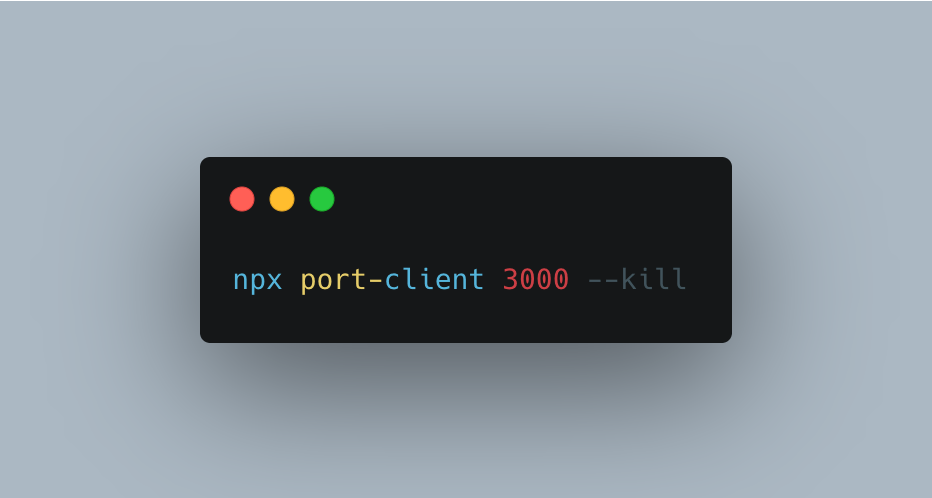By Jimmy Fitzgerald
With the outlook for IPOs remaining slim, startups are increasingly turning to the M&A market to cash in on recent success, with M&A deal volume for venture-backed startups rising 7% in 2024.
For startup founders planning a lucrative exit, the priority is on growing their business, refining the product and reaching profitability to make themselves more attractive to acquirers. Yet this focus on growth can cause them to neglect another issue that is critical for a successful exit.
Why startups must prioritize tax compliance

Tax compliance is not always the most exciting topic, but its importance for M&A candidates can’t be understated.
Startups that don’t make time for compliance can face not only hefty fines, but also stalled acquisitions and reduced valuations. One report has found that 26% of businesses have seen half of their M&A deals fall through because of issues discovered during the due diligence process.
Purchasing another company’s equity can also mean taking on its liabilities, including overdue or overlooked tax obligations. If acquirers uncover these problems during due diligence, they are more likely to want to renegotiate the acquisition price, withhold funds until issues are resolved, or even cancel the deal.
At the same time, taxes are becoming more complicated for startups and digital businesses globally, increasing the chance of compliance mistakes. For example, over 120 countries require digital service providers to register and pay specific taxes like value-added tax, goods and services tax, or sales taxes. Tax rates vary widely by country, making it hard to stay compliant.
Steps to making a tax-efficient exit
The most important thing for startups that are hoping to be acquired is to start preparing for a tax-efficient exit now. Automating your tax processes early and making sure you have a strong revenue framework in place is crucial, as this means your tax compliance muscle can grow along with the rest of the business.
Automating tax compliance reduces errors, helps startups reduce tax liabilities, and lets acquirers see quickly where these liabilities are. Despite its growing popularity, 60% of companies say that only between 10% and 50% of their tax processes are automated.
Taking this one step further, startups can avoid nasty due diligence surprises by creating a solid internal revenue infrastructure that handles billing and payments. Revenue is one of the most important factors in determining a company’s value at acquisition — centralizing revenue processes can boost value, increase growth and make buyers feel more confident in their acquisition by simplifying the due diligence process for acquiring parties.
For startup founders focused on product and go-to-market strategy who lack the time (or expertise) to centralize revenue and automate tax, an alternative is the MOR, or merchant of record model. Commonly used for digital products and subscriptions, MoRs manage global sales tax, including registration, collection, filing and payment, while centralizing billing and payments. This supports revenue growth, accurate reporting and international payment acceptance. They also help companies accept international payments to grow globally.
Prepare sooner rather than later
Lots of startups have one eye on acquisition, but planning for an exit from the start means taking control of revenue and becoming tax-efficient. Failing to do so can create due diligence headaches that could derail a potentially lucrative exit.
Companies of any size considering an exit should look to automate their tax process and implement a strong billing infrastructure early, to ensure their tax compliance scales with the company. Taking these steps early will minimize the opportunity for hurdles at due diligence, and maximize the chances of a successful M&A.
Jimmy Fitzgerald is CEO of Paddle, a payments infrastructure provider for software and digital product businesses, powering hyper-scale growth across acquisition, renewals and expansion. A SaaS veteran, he has spent more than two decades growing ambitious technology companies.
Related reading:
Illustration: Dom Guzman


Stay up to date with recent funding rounds, acquisitions, and more with the
Crunchbase Daily.








